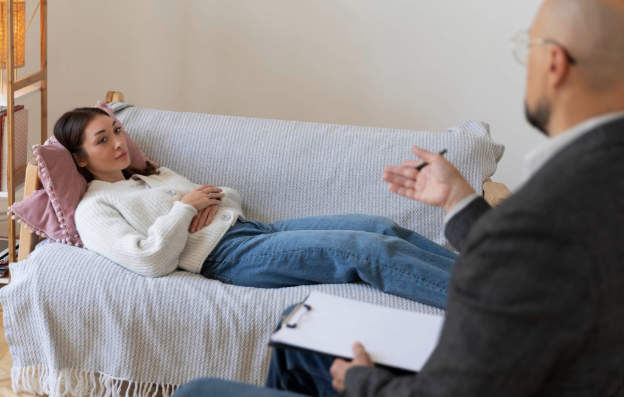
- Psychiatrist in La Puente, PTSD
- 0 Comments
In the wake of trauma—whether from combat, accident, or daily exposure to violence—many silently carry invisible scars. PTSD can profoundly disrupt lives, careers, and relationships. Working with a board‑certified psychiatrist in La Puente, backed by evidence‑based care like that offered by Brain Health USA, unlocks a path toward healing, hope, and resilience. What Is PTSD? Clinical Understanding Experts PTSD […]
Read More





